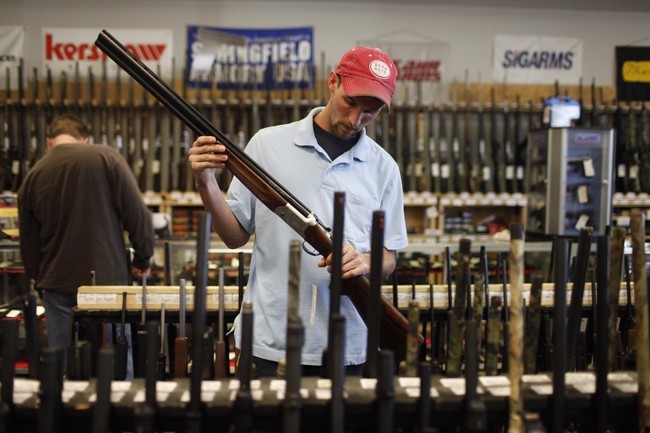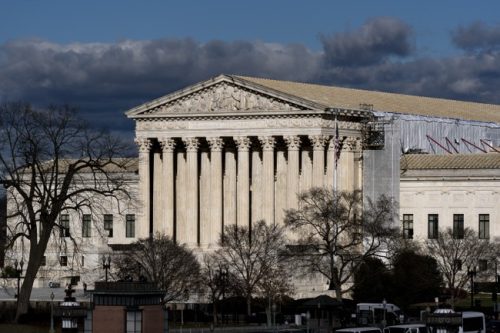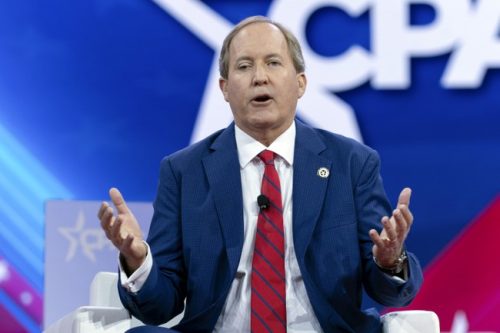Delaware passed a “permit to purchase” law that would require a permit and safety training before buying a handgun, and filed litigation seeks to block it days before it takes effect; plaintiffs argue it discriminates and violates the Second Amendment while opponents warn the law will burden law-abiding citizens and fail to stop criminals. The dispute centers on whether the law functions as a fair, neutral safety measure or an unconstitutional, discretionary barrier to a fundamental right. Court action has already paused implementation, but the political fight is far from over. Expect this debate to follow to higher courts where constitutional principles will be tested.
The idea of forcing people to ask permission before exercising a constitutional right feels like a return to the old “Mother, May I?” approach to liberty, and many conservatives see it as an affront to the Second Amendment. Delaware’s new law aims to add a permit requirement and mandatory training before someone can legally buy a handgun. That sounds reasonable to some, but the concern here is less about training than about creating a gatekeeper for a basic civil right.
Delaware residents concerned with the state’s “permit to purchase” law filed a temporary restraining order in federal court seeking to halt the new gun legislation 13 days before its implementation. The law, which is set to go into effect Nov. 16, mandates that people receive a permit and complete gun safety training before purchasing a handgun in Delaware. The law, according to one of the plaintiffs filing the legal action, is discriminatory.
“I have sued because the law is racist and stupid,” said Attorney Thomas S. Neuberger, one of seven plaintiffs, in a statement, adding that the legislation harms law-abiding citizens who want to purchase a handgun for self-defense or other lawful purposes, violating their right to bear arms as guaranteed by the Second Amendment. “When you need a gun in an emergency, you can’t get it and you will die.”
“Delaware has a long history of discriminating against Blacks in gun laws,” he said. “Its history of licensing laws for possession of firearms aligns with the ugly racist history of gun-control laws in general.”
In his statement, Neuberger points to Josephine Byrd who was denied a permit to have a gun by the Wilmington Housing Authority, “despite living in a very dangerous part of town and fears for their safety.” “Their refusal was an old story in the Black community,” Neuberger said. “For back in Alabama in 1956, they had a similar permit to purchase a handgun law, but Dr. Martin Luther King [Jr.] could not defend his family with a gun then when their home was bombed. The Governor there denied him a permit.”
There are always two ways a permit-to-purchase system can operate: it can be “shall issue,” where eligible applicants are granted permits as a matter of right, or it can be “may issue,” where subjective discretion decides who gets permission. If a permit is truly automatic for anyone who passes basic checks, its practical effect is minimal beyond adding cost and delay. But if officials can pick and choose who receives one, that discretionary power opens the door to discrimination and constitutional problems.
Critics rightly point out that federally required background checks for licensed dealers already aim to keep firearms out of the hands of felons and the dangerously unstable. Adding an extra layer of permits duplicates checks for law-abiding buyers while doing nothing to stop criminals who ignore laws. Making ordinary citizens jump through more hoops does not make communities safer; it just shifts burdens onto people trying to protect themselves.
Mandatory training requirements are often framed as common-sense, but they raise a question rarely asked about other rights: would the government impose compulsory courses before you can exercise freedom of speech or religion? Conditioning access to a guaranteed right on additional state-imposed prerequisites is a slippery slope that conservatives worry will spread beyond firearms.
There is currently an injunction against Delaware’s measure, and that buys time for a proper constitutional review. The right next now is to press this case up through the courts so judges can address whether permit-to-purchase schemes survive recent Second Amendment jurisprudence. From a Republican viewpoint, the proper legal outcome is clear: subjective licensing that keeps law-abiding citizens from defending themselves should not stand.
At the end of the day, political context matters and it shapes how laws like this are written and enforced. Delaware’s recent history on this issue fuels skepticism here and guarantees that advocates for gun rights will keep pushing until the courts settle the matter. But did we really expect anything good to come from the state that gave us Joe Biden?






